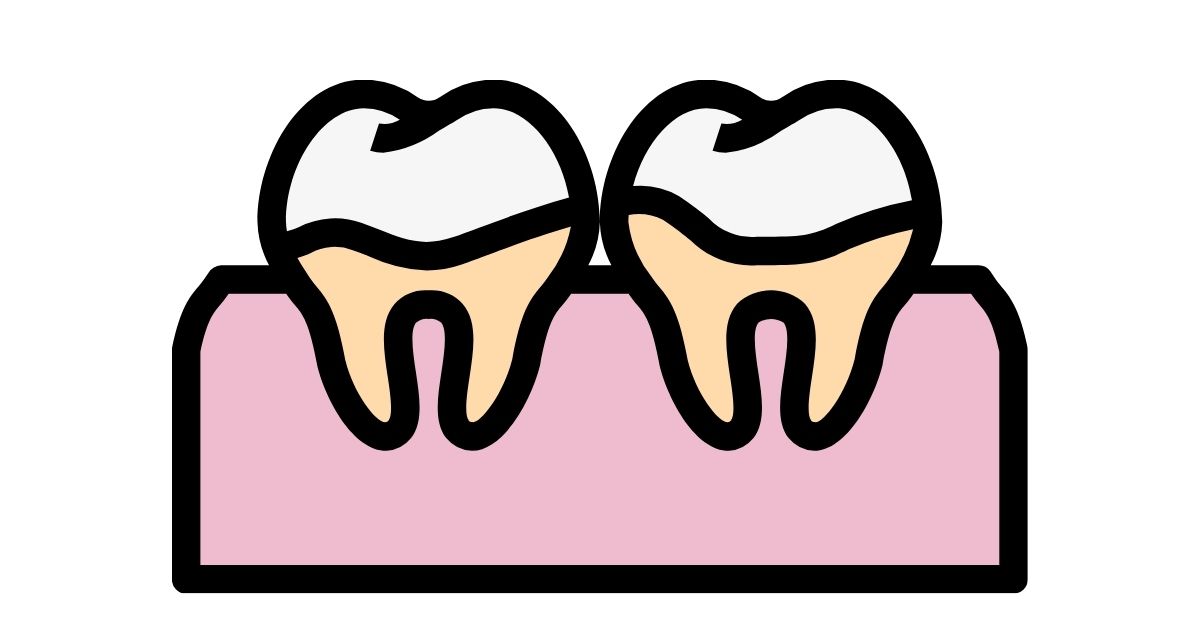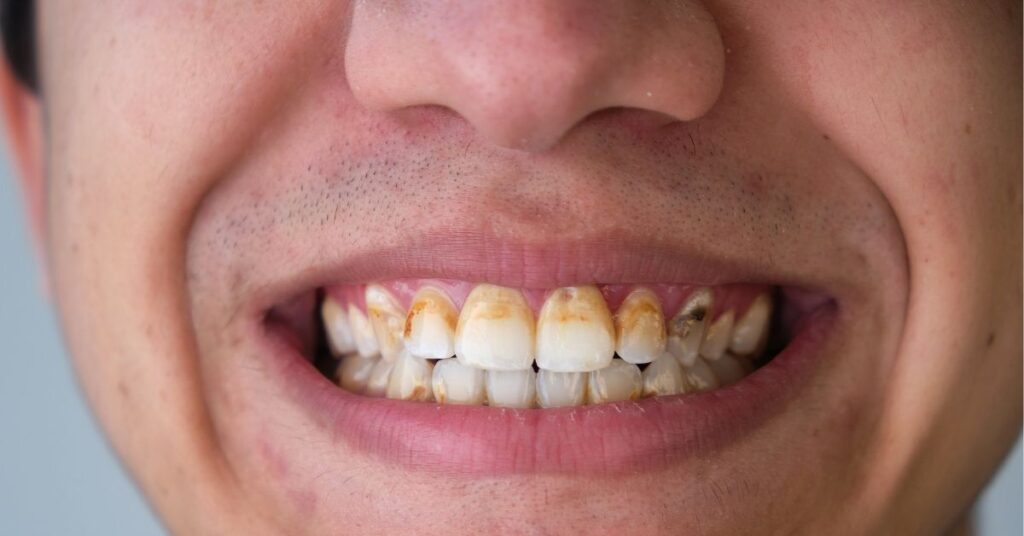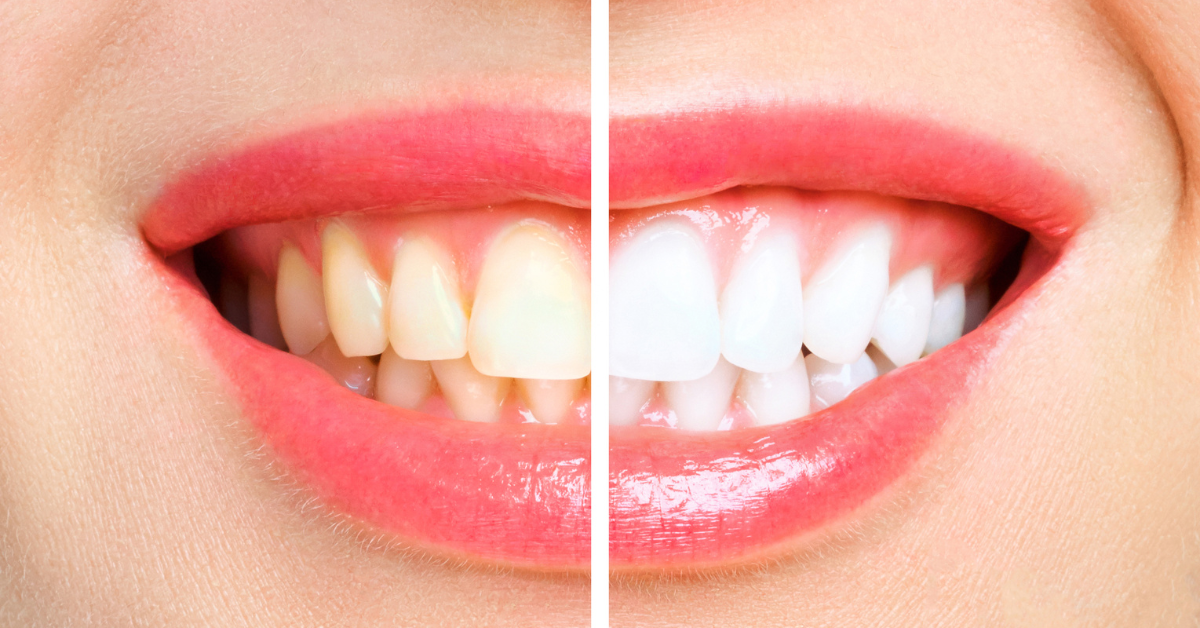Tartar, which is hardened and difficult to remove plaque, can cause damage to your teeth and gums if not removed promptly. The accumulation of bacteria in tartar can slowly erode teeth, destroy healthy gum tissue, and can cause unpleasant odors and bad breath. When tartar damages the gum line, patients may experience bleeding, swelling, and irritation from even gentle brushing. And more severe cases of tartar build up can even lead to dental erosion and unstable teeth, increasing the risk of underlying bone damage and teeth falling out.
If you experience any of these symptoms, it may be time to head over to your dentist’s office for a deep cleaning to remove tartar buildup and help prevent any further damage.
Why Do I Have So Much Tartar Buildup
If you’ve noticed pale yellow accumulation along your gums and teeth, that is most likely tartar buildup. Typically, build up can be prevented by regularly brushing your teeth, flossing, and going to see your dentist at least twice a year so soft plaque doesn’t turn into tartar. However, even with proper dental care tartar build up is still a possibility.
Some of the reasons for this include: excessive smoking and alcohol use, consuming highly acidic foods that can cause irritation and damage to teeth, and having a diagnosable condition that causes dry mouth which can lead to greater accumulation of bacteria. Generally, addressing these issues can help prevent tartar from building up rapidly.
What Causes Excessive Tartar Build Up
Poor oral hygiene and not brushing your teeth at least twice daily can start the formation of plaque. The longer that plaque stays adhered to your teeth and gums, the more likely it will form into tartar which is harder to remove at home. Tartar can also build up the longer you go without proper dental cleaning, the more you consume highly sugary or acidic foods, and the more you drink alcohol or smoke cigarettes.
How Do You Get Rid of Hardened Tartar
Plaque can generally be removed at home with simple brushing and flossing. However, hardened tartar requires a deep dental cleaning or scaling and root planing at a dentist’s office. That’s because unlike soft plaque, tartar is extremely adherent to the gums and teeth and requires special tools to safely remove.
Once tartar and plaque is adequately removed from teeth and along the gum line, patients are encouraged to continue with close follow up with at least two dental appointments per year for regular cleanings. Patients should also continue practicing good oral hygiene practices such as proper brushing using a soft bristle brush and with toothpaste that is fortified with fluoride, flossing to get rid of food particles stuck in between teeth, and avoiding highly acidic foods and beverages that can cause unnecessary damage to teeth. For more information visit our dental clinic in Mansfield MA.





